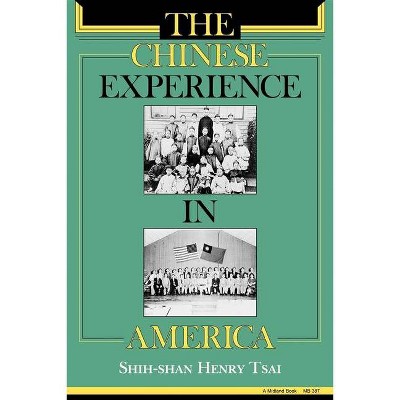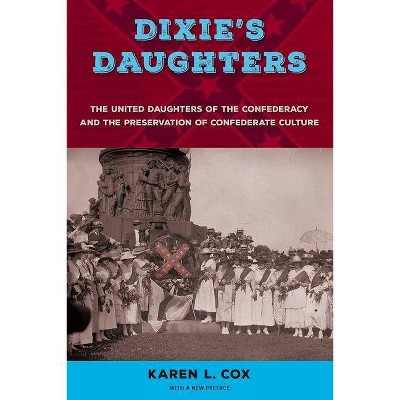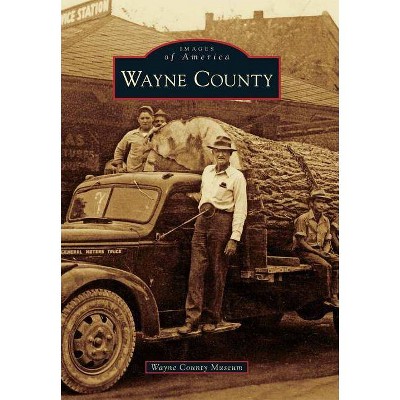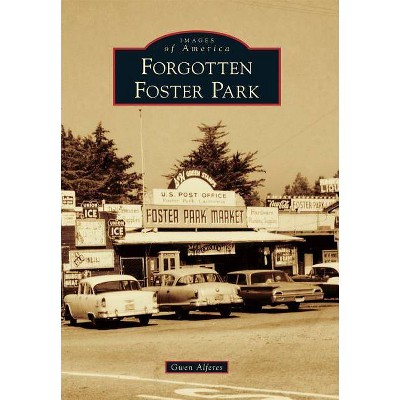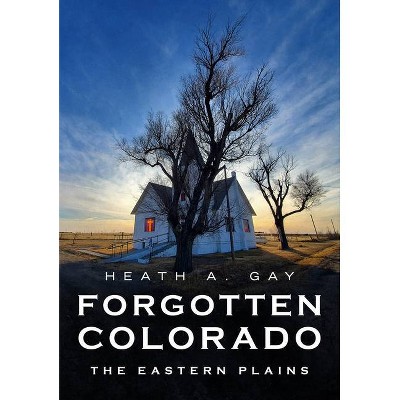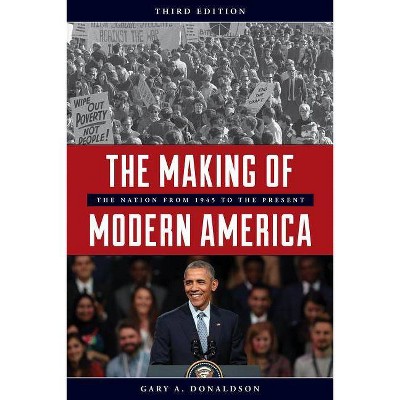Dixie's Forgotten People - (Minorities in Modern America) 2nd Edition by Wayne Flynt (Paperback)

Similar Products
Products of same category from the store
AllProduct info
<p/><br></br><p><b> About the Book </b></p></br></br>For this new edition, Wayne Flynt has provided a new retrospective introduction and an up-to-date bibliography.<p/><br></br><p><b> Book Synopsis </b></p></br></br><p>The best sort of introductory study . . . packed with enlightening information. --The Times Literary Supplement</p><p>Poor whites have been isolated from mainstream white Southern culture and have been in turn stereotyped as rednecks and Holy Rollers, discriminated against, and misunderstood. In their isolation, they have developed a unique subculture and defended it with a tenacity and pride that puzzles and confuses the larger society. Written 25 years ago, this book was one scholar's attempt to understand these people and their culture. For this new edition, Wayne Flynt has provided a new retrospective introduction and an up-to-date bibliography.</p><p/><br></br><p><b> Review Quotes </b></p></br></br><br><p>"Wayne Flynt may not have started the late--twentieth--century wave of historical research on postbellum Southern poor whites, but he was the first to catch it. In engaging and accessible prose Dixie's Forgotten People surveyed what was in 1979 a largely unknown landscape and laid out an agenda for research that is still not completed. Flynt's retrospective introduction to this new edition is itself worth the price of the book." --John Reed, University of North Carolina</p><br><br><p>"Wayne Flynt may not have started the late twentieth century wave of historical research on postbellum Southern poor whites, but he was the first to catch it. In engaging and accessible prose Dixie's Forgotten People surveyed what was in 1979 a largely unknown landscape and laid out an agenda for research that is still not completed. Flynt s retrospective introduction to this new edition is itself worth the price of the book." John Reed, University of North Carolina</p>"<br><br><P>"Wayne Flynt may not have started the late twentieth century wave of historical research on postbellum Southern poor whites, but he was the first to catch it. In engaging and accessible prose Dixie's Forgotten People surveyed what was in 1979 a largely unknown landscape and laid out an agenda for research that is still not completed. Flynt s retrospective introduction to this new edition is itself worth the price of the book." John Reed, University of North Carolina"<br><br><P>Wayne Flynt may not have started the late--twentieth--century wave of historical research on postbellum Southern poor whites, but he was the first to catch it. In engaging and accessible prose Dixie's Forgotten People surveyed what was in 1979 a largely unknown landscape and laid out an agenda for research that is still not completed. Flynt's retrospective introduction to this new edition is itself worth the price of the book.--John Reed, University of North Carolina<br><br><P>"Wayne Flynt may not have started the late--twentieth--century wave of historical research on postbellum Southern poor whites, but he was the first to catch it. In engaging and accessible prose Dixie's Forgotten People surveyed what was in 1979 a largely unknown landscape and laid out an agenda for research that is still not completed. Flynt's retrospective introduction to this new edition is itself worth the price of the book." --John Reed, University of North Carolina--John Reed, University of North Carolina<br><br><P>"Wayne Flynt may not have started the late -- twentieth -- century waveof historical research on postbellum Southern poor whites, but he was the first tocatch it. In engaging and accessible prose Dixie's Forgotten People surveyed whatwas in 1979 a largely unknown landscape and laid out an agenda for research that isstill not completed. Flynt's retrospective introduction to this new edition isitself worth the price of the book." -- John Reed, University of NorthCarolina--John Reed, University of North Carolina<br><br>"The best sort of introductory study... packed with enlightening information."<br><p/><br></br><p><b> About the Author </b></p></br></br><p>Wayne Flynt is Distinguished Professor of History at Auburn University.</p></p>
Price History
Price Archive shows prices from various stores, lets you see history and find the cheapest. There is no actual sale on the website. For all support, inquiry and suggestion messagescommunication@pricearchive.us
